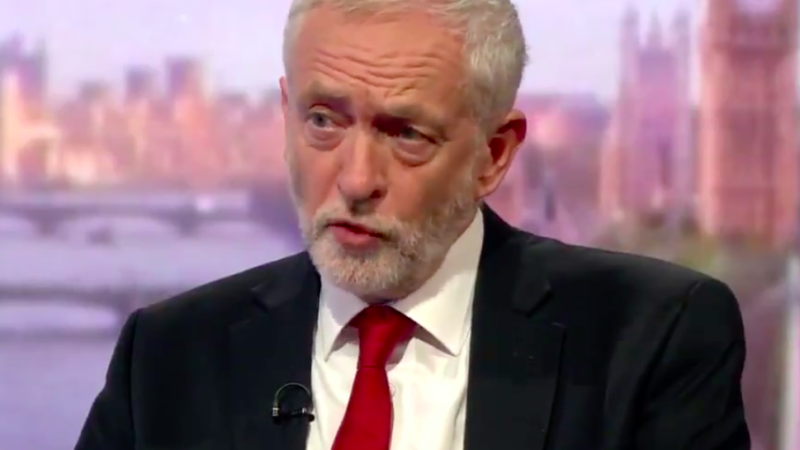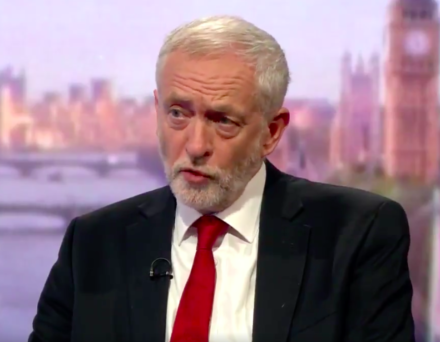

Can you make a big gesture by sometimes not doing very much? It would appear so. Jeremy Corbyn has just flexed his muscles very quietly.
In carrying out one of his most limited shadow cabinet reshuffles, the Labour leader heeded the demands of the left and kept faith with the team who have been credited with driving Labour to their biggest increase in the share of the vote since 1945.
Corbyn listened to the demands of those who wanted to see the big beasts – ex-ministers and former members of Ed Miliband’s shadow cabinet – brought back and politely ignored them.
Instead the man who calls himself Monsieur Zen delivered a reshuffle that was remarkable for being unremarkable.
There was no Yvette Cooper and no Chuka Umunna – but then it is not certain whether they wanted a position, despite the positive noises made by the latter at the weekend. Cooper was already chair of the Commons home affairs select committee and her strong leadership on issues such as the refugee crisis, as well as experience of handling anti-terrorism legislation – now on the agenda again – means she is highly likely to be re-elected to the same post. Umunna, meanwhile, is involved with various other projects as chair of Vote Leave Watch and a supporter of the pro-Europe group Open Britain.
It should also be noted that Umunna, the Streatham MP, wants Britain to stay on in the single market after Brexit. This is tricky for Labour because Corbyn and John McDonnell, re-appointed as shadow chancellor, have both said it is inevitable that Britain will leave the world’s largest trading group. The difference has already been the subject of “Labour confusion” headlines within days of the general election.
So the reasons for which Corbyn declined to bring back Umunna and Cooper are more complex.
Both former Miliband-era shadow cabinet ministers are big enough figures in their own right to command headlines from the backbenches. And each retains their own core of support among Labour MPs, although perhaps Cooper more so, given that she has been in the Commons 13 years longer than Umunna, who was elected in 2010.
And then there is Owen Smith, who was brought back in the role of shadow Northern Ireland Secretary. In times of peace, prosperity, majority government and contented EU membership, it might have seemed a lesser role. Thankfully, the peace endures but the other three conditions are either under strain or have shattered completely.
With Theresa May lining up a deal with the socially conservative DUP within days, and tensions rising over the treatment of Northern Ireland’s border with the Republic, as well as the protracted nature of talks to restore power-sharing, the job of shadowing James Brokenshire is substantial and serious. For Smith, it is also a role for which he is well-qualified, having served as a special advisor to secretary of state Paul Murphy in the last Labour government.
It also represents a dignified comeback to the top team for Smith. The Welshman fought and lost a combative leadership contest against Corbyn last summer and, after less than a year on the backbenches, has been returned to the senior team at a vital time for Northern Ireland, for Labour and for Brexit.
It is hard to avoid the conclusion that it is not just his own leadership, but Brexit, that lies at the heart of Corbyn’s decisions yesterday. Maybe that will always be the case. He was accused of a half-hearted effort in the EU referendum, the result prompted the coup that created his biggest crisis, and splits over Britain’s economic approach outside the bloc have dogged him subsequently.
So, yes, leaders use reshuffles to assert their authority – but maybe Britain’s departure from the EU is such a huge and chaotic phenomenon that it matches the manoeuvres of the man who seems secure at the top of his party.




More from LabourList
Government announce SEND reform in schools white paper
SPONSORED: ‘Industrial hemp and the challenge of turning Labour’s priorities into practice’
‘A day is a long time in politics, so we need ‘action this day’’